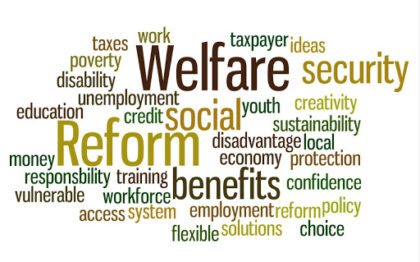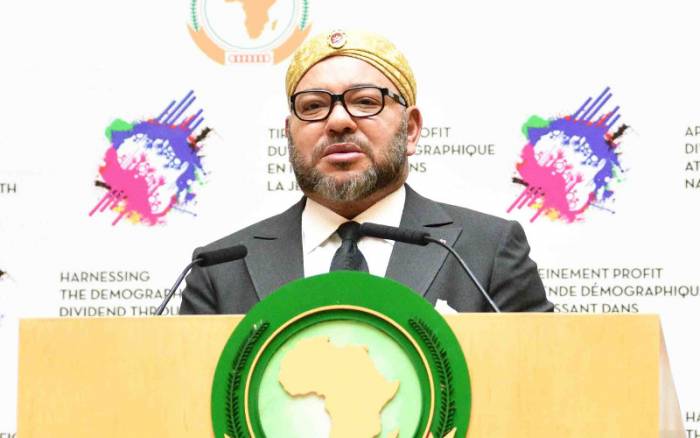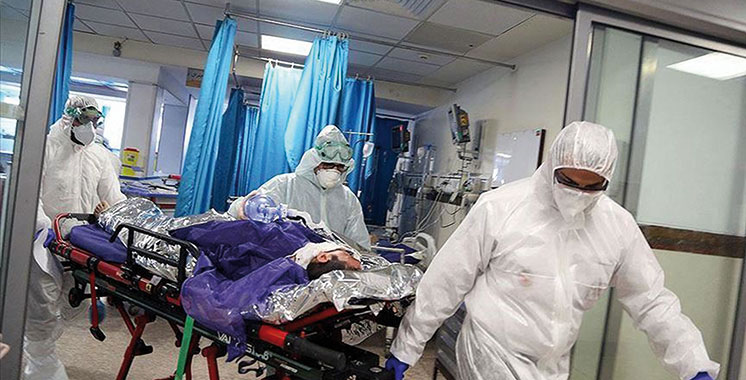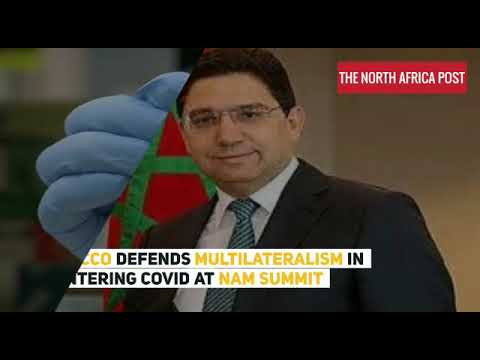 The advent of the coronavirus and its tragic fallout on human lives, social order and the economy have undermined the neoliberal order as a return to the welfare state sounds best suited to deal with such repercussions.
The advent of the coronavirus and its tragic fallout on human lives, social order and the economy have undermined the neoliberal order as a return to the welfare state sounds best suited to deal with such repercussions.
The state has taken health, security, education and the ordinary functioning of the market into its hand including in Morocco where the government imposed restrictions on movement and took a series of drastic measures to avert a coronavirus outbreak.
Morocco chose the safety of its citizens over its economy and corporate interest by stopping many economic sectors such as tourism in order to better contain the virus spread.
It has also set up a fund receiving donations from the public and the private sectors as well as executives and ordinary citizens with the aim to allocate more resources to upgrade the public health infrastructure and earmark compensations to people who lost their jobs.
Ahmed Lahlimi, head of Morocco’s high commission for planning, was one of the country’s senior economists who kept urging more public spending on education, health and other social sectors even before the coronavirus outbreak.
In a recent interview with Moroccan news website, Medias24, Lahlimi said that growth forecasts will be revised downwards and that 2.3% growth expected by the central bank was “unrealistic”.
Recession will take place among Morocco’s partners in Europe and growth at best case would be near 1% he said, noting that in June only his agency can have a clear idea on its growth forecasts.
The lockdown in cities combines with drought will make it hard for a lot of people who gain their living from informal, or gray economy, jobs, he said.
Morocco has to think in advance about the post-coronavirus era and take initiatives to boost local demand and consumption as well as take measures to help the most vulnerable.
Morocco has the advantage of having a Monarchy that safeguards its stability, he said.
The coronavirus pandemic unveiled the impotence of globalization in the face of humanitarian crisis, he said, as states across the globe are trying to take the situation into their own hands.
He blamed the IMF for pushing states into more privatization of public services which now with the coronavirus proved wrong.
The IMF has long focused on measures such as dirham float reform that it says will protect Morocco from external shocks, he said. “Will the exchange rate protect us from what we see currently?” he wondered.
“I insist that external shocks are not the priority for us. I think that we should pay more attention to internal shocks. External shocks are not even identified. Oil, we are used to deal with its fluctuations. Internal shocks are the most painful like shortcomings in health or education,” he said.


